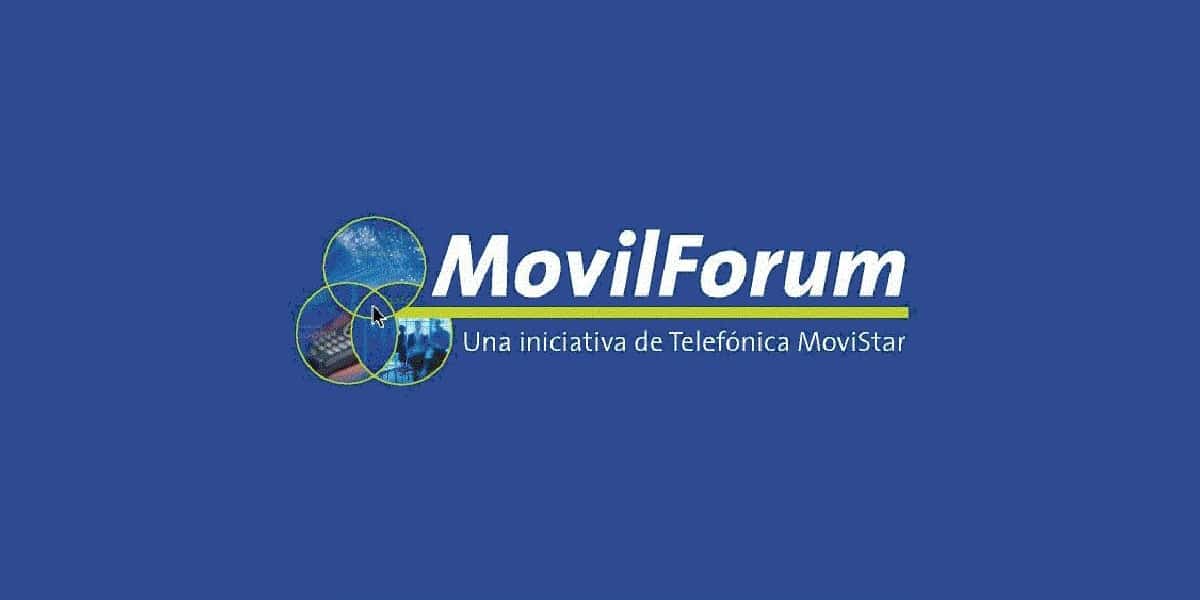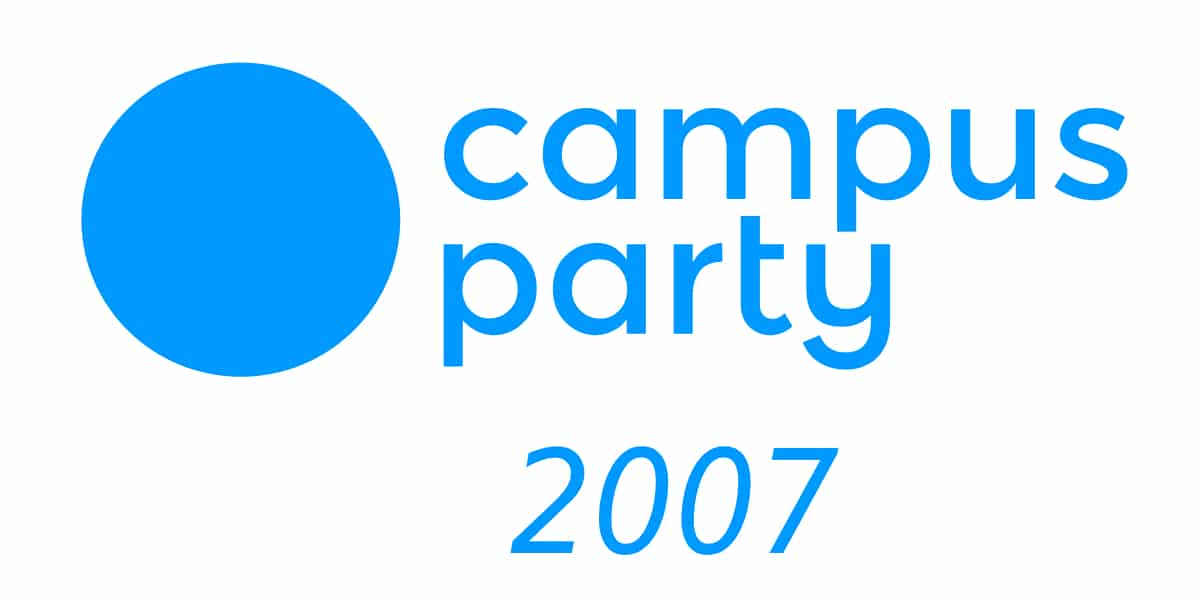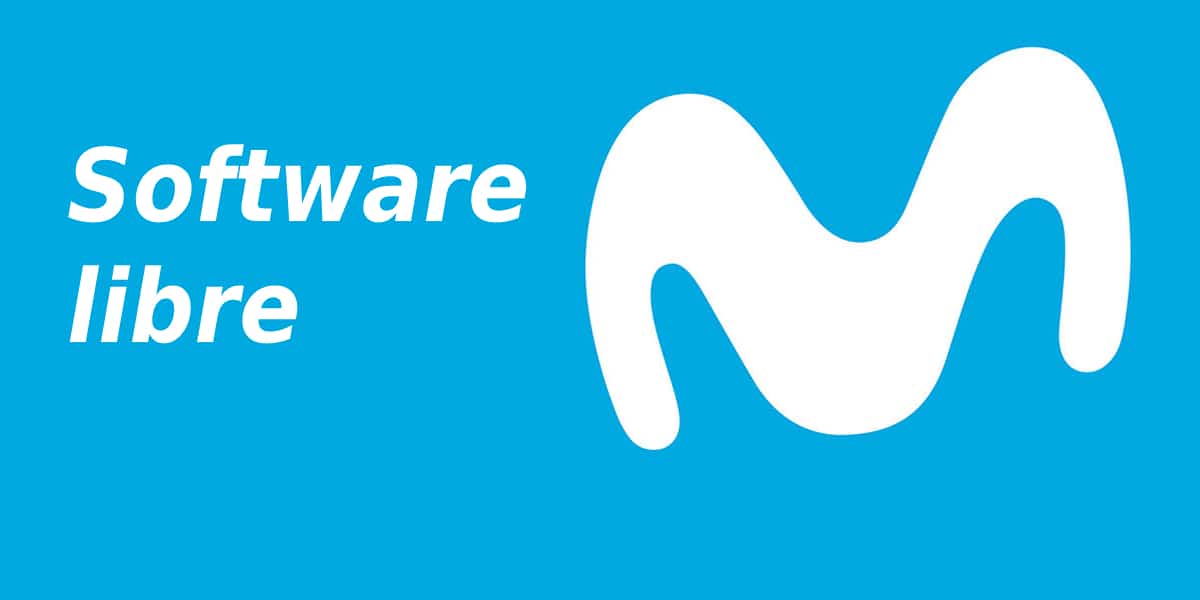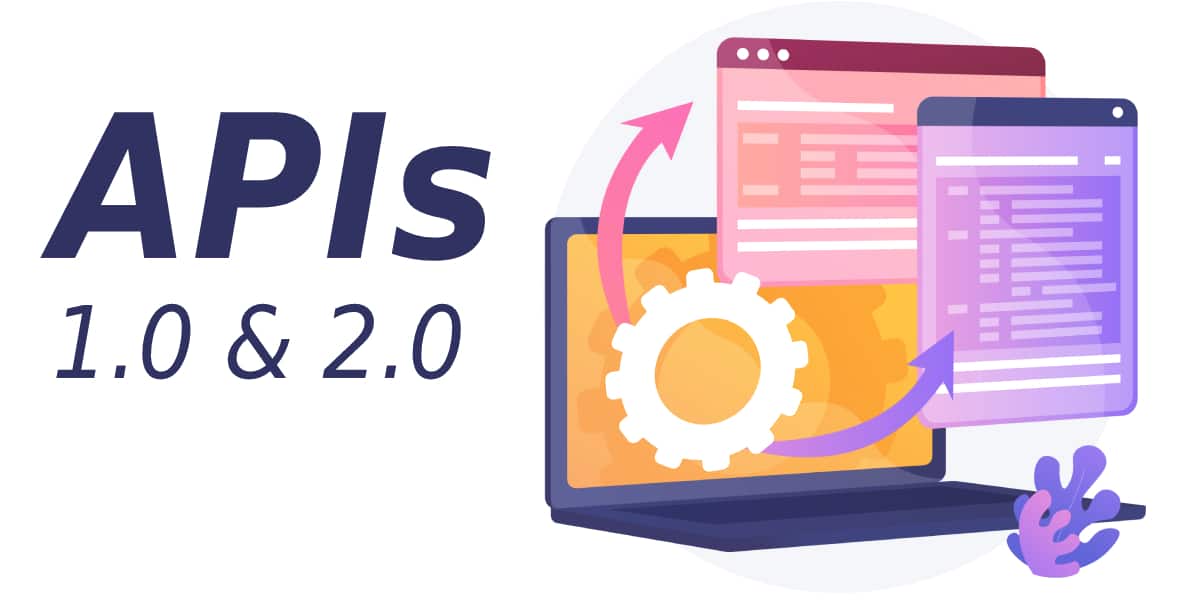
The name of Open Movilforum, and it is normal, although today this initiative no longer exists. open Movilforum It was an initiative of Telefónica and Movistar in the creation of an open community aimed at small technology companies, professional developers and start-ups. When was it released? What was it for? Let's see it below.
What was Open? Movilforum
The Open website Movilforum, an initiative created by Telefónica and Movistar in 2007, was a open community to help small technology companies, professional open software developers and Start-ups, for the creation and development of mashups and mobility solutions based on the use of open source tools.
That is, it was created with the intention of promoting and facilitating collaboration between the operator, technological SMEs and entrepreneurs. With Open Movilforum It was intended provide information, tools and interfaces for the creation of mobile applications. At that time, it was the first initiative in Spain from a mobile operator focused on open software
The creation of these new mobility applications allowed the integration of mobile communications into the Internet. On the Open portal Movilforum We found the APIs, SDKs, documentation, wiki and tutorials necessary for the implementation of the project.
This portal It also acted as a discussion forum and a source of communication of the community members with the Telefónica support team.
When was Open born? Movilforum?

Open Movilforum was launched in 2007 by Movistar with the cooperation of the manufacturer Nokia and your project ForumNokia, thus complementing the offer to the developer with a large number of existing interfaces and tools.
Movistar presented Open Movilforum at the Campus Party (Valencia, July 23-29, 2007). Those same days, Movistar called the Open contest movilforum of free software for which the best application for Mobile 2.0 with a Nokia N800 terminal with Linux and Wifi was awarded.
The Open community Movilforum It had an open channel in the United Kingdom, the O2 Litmus developer community, from Telefónica's O2 mobile operator. Telefónica launched Movistar Developers Platform that was born with a global vocation, from share, collaborate and cooperate, and that was nourished by previous experiences that Telefónica had experienced in various markets such as Spain and the United Kingdom
What was Open for? Movilforum?
Through the website Opmovilforum.com/en New mobile service interfaces could be tested with third-party developers even before their commercial launch. In other words, the community that made up this website could access these types of tools and advantages offered by Telefónica.
The Open initiative Movilforum I was trying of facilitate the development of open software applications providing simple APIs, tools and detailed information on the operation of mobiles. In addition, the provision and testing process was greatly simplified both for programs within the devices and for those using Telefónica's services on the network.
Open Movilforum, a pioneering service at that time

Open Movilforum was the first free software initiative promoted by a Spanish operator. What was intended was to reach all SMEs. That is, power provide mobility solutions that at that time were seen as something very expensive, complicated and unknown.
With this service, it was possible to offer small technology companies, professional open software developers and startups an environment that facilitated the development of open software applications. This was a very pioneering initiative, since it had never before been carried out in Spain by a mobile operator.
Open Movilforum and Web 2.0
The service was part of Telefónica's Web 2.0 strategy. From its website (open.movilforum. Com) Simple APIs, tools, and detailed information on how mobiles functioned were offered. In addition, tools were provided that simplified the provisioning and testing process both for programs within the devices and for those using Telefónica's network services.
Open Movilforum It was an open environment where all community members could include their projects. The APIs were growing as Telefónica and the members contributed to the website. That is, it was a service that acted as repository what was it used to do mashups.
Open APIs Movilforum: API 1.0 and API 2.0

1.0 API
Open Movilforum started with the 1.0 API, taking advantage of services provided by Movistar and a series of SDKs that allowed the use of APIs programmatically. These first APIs allowed access to a large number of functionalities different:
- Receiving SMS in mail (pop3): allowed to divert and receive in email those short messages (SMS) sent to a Movistar phone number.
- Sending SMS: allowed the sending of SMS through an http interface.
- Sending MMS: allowed to send MMS through an http interface.
- SMS 2.0: IM functionalities via SMS (friends list, presence status, sending messages offline, receiving them when connected)
- Copying: It allowed you to get your contact list from the SIM through an http interface.
- Video call reception (based on SIP, in beta version): allowed to receive video calls on the PC and store the streams audio and video.
- Auto Wap Push: It allowed Wap Push messages to be sent to the mobile terminal through an http interface.
2.0 API
Later, at the end of 2009 and during 2010, Open movilforum was working on the launch of the new APIs in Spain. This time, the APIs were more oriented to the WEB 2.0 phenomenon. Among them, they stood out:
- Sending SMS / MMS.
- The reception in URL of SMS / MMS.
- Messaging (SMS / MMS) 'pull'.
- Geolocated messaging (SMS / MMS).
Undoubtedly, with these simple APIs, I can provide a series of tools that simplified the provisioning and testing process both for programs within the devices and for those that use Telefónica's network services.
Open Movilforum It was a very advanced service at that time, very pioneering in Spain, as it was the first free software initiative promoted by a Spanish operator. The aim was to reach all SMEs. And you, did you know about this initiative launched by Telefónica in 2007? Leave us your questions in the comments, we will be happy to read them.